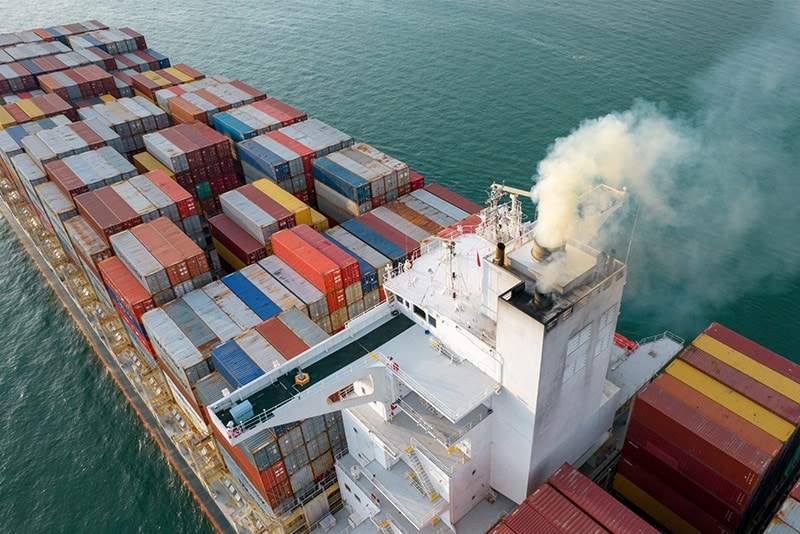Turkey - Environmental Pollution Fines: Updated for 2024
Pollution fines in Turkey continue to undergo regular annual updates, reinforcing the commitment to stringent environmental protection measures. As of the latest amendments effective from 1 January 2024, vessels violating Turkish anti-pollution regulations face another significant increase in penalty amounts imposed by the EPA (Environmental Protection Agency).
Details of the revised environmental pollution penalty structure and fines applicable after this increase are comprehensively outlined in a circular from the Club’s Correspondent, Metropole Maritime & Trading Ltd Co. The circular provides valuable insights into the specific changes and is accessible here.
Key Highlights of the 2024 Update
- Pollution fines imposed by the Turkish EPA, in accordance with the Environmental Code of 1983, have witnessed a 58.46% increase compared to the previous year. The latest rates, effective from 28 December 2023, cover various pollution categories, impacting both real persons and legal entities involved in shipping.
- An additional aspect introduced in June 2022 involves fines related to the sulphur content of bunker fuel. Vessels exceeding the specified maximum sulphur content face fines calculated based on gross tons.

Important Notes and Recommendations
- Owners can appeal within specific periods but should be aware that appealing does not lift arrest orders. Early payment within the appeal period grants a 25% discount.
- The EPA may demand cash payment, with limited acceptance of alternative methods. P&I Clubs or recognised insurers may release vessels with LOU (Letter of Undertaking).
- In addition to EPA fines, Port Harbour Masters can impose fines between TL 500 to TL 20,000 for non-compliance with local port regulations. In emergency situations causing damage or pollution, fines can reach up to TL 5,000,000.
- It is recommended to avoid de-ballasting unless water quality is confirmed, ensure the closure and securement of valves and scuppers to prevent discharge, minimise hatch covers and deck cleaning to reduce pollution risks, handle sewage, greywater, and solid waste properly for effective waste management, and exercise caution during maintenance in shipyards to prevent potential pollution incidents.
Vessels navigating Turkish waters must remain vigilant and adhere to evolving anti-pollution regulations. The Club advises shipowners and operators to implement best practices, stay informed, and contact local P&I correspondents immediately for assistance in the event of fines and detentions.
Members requiring further guidance should contact the Loss Prevention Department.
